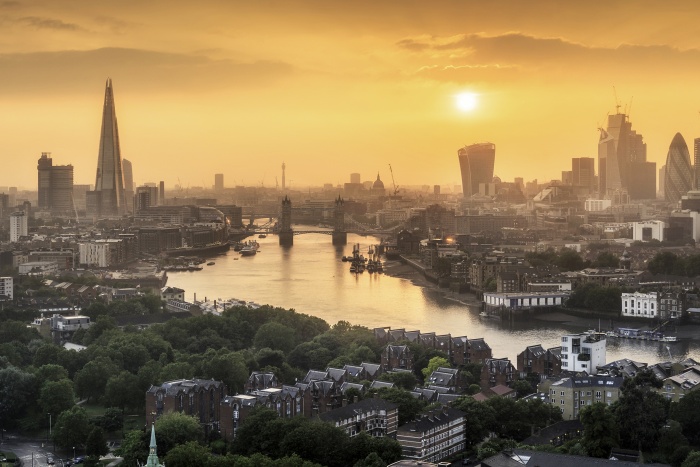
WTTC calls for Covid-19 testing programme as tourism losses mount
As much as £22 billion looks set to be lost from the UK economy due to the collapse of international travel during 2020, according to the World Travel & Tourism Council (WTTC).
Travellers and tourists are staying away from the UK in droves because of “continuing uncertainty” around travel restrictions designed to curb the spread of Covid-19.
As a result, this year international visitor spending could plunge by 78 per cent compared to 2019 levels, equating to a loss of £60 million a day, or £420 million a week, to the UK economy.
The severe impact on UK tourism is laid bare by WTTC as the economic fallout from coronavirus continues to burn its way through the sector.
Nearly three million jobs in the UK supported by tourism are at risk of being lost in a ‘worst case’ scenario mapped out by WTTC economic modelling.
ADVERTISEMENT
However, figures from ABTA suggest a total of 39,000 jobs have been lost, or are at risk, to date.
Gloria Guevara, WTTC chief executive, said: “The economic pain and suffering caused to millions of households across the UK, who are dependent upon tourism for their livelihoods, is evident from the latest WTTC figures.
“The lack of international travel caused by the pandemic could wipe out more than £22 billion from the UK economy alone – a loss of £60 million pounds a day – from which it could take years to recover.”
She added: “We urgently need to replace stop-start quarantine measures with rapid, comprehensive and cost-effective test and trace programmes at departure points across the country.
“This investment will be significantly less than the impact of blunt quarantines which have devastating and far-reaching socio-economic consequences.
“Targeted test and tracing will also rebuild consumer confidence to travel.
“It will enable the restoration of vital ‘air corridors’ between countries and regions with similar Covid-19 case rates.”

